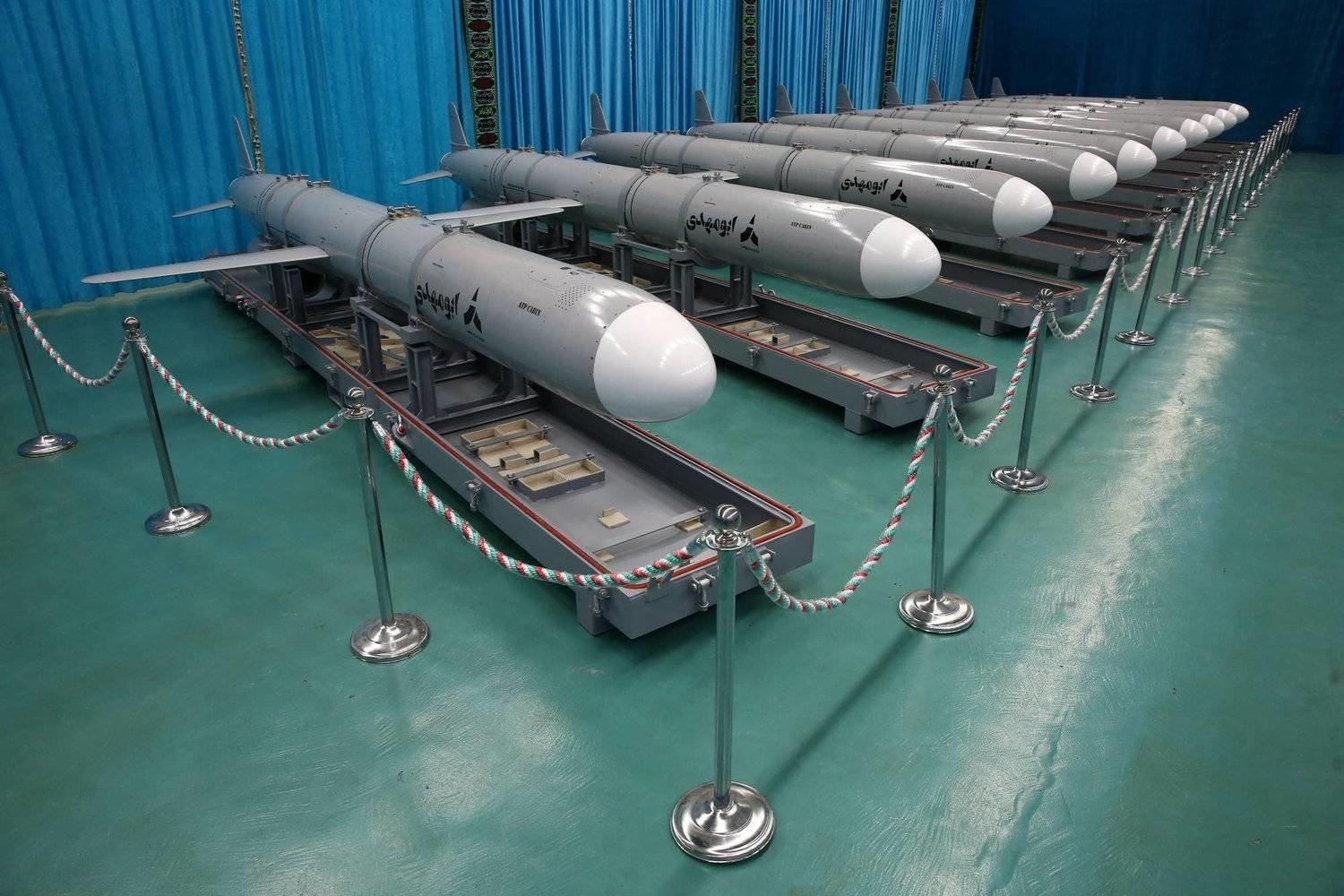Secret U.S./Iran Talks Focus On Regime Change In Israel
Diplomatic exchange between U.S. and Iran follows unprecedented missile attack by Iran on Israel.

Brett McGurk, who serves in President Biden’s National Security Council as Coordinator for Middle Eastern Affairs, held secret, reportedly held indirect negotiations in Muscat, the capital of Oman, with Ali Bagheri Kani, the former-Political Deputy for the Iranian Ministry of Foreign Affairs.This follows the deaths of Iranian Acting-Minister of Foreign Affairs and Iranian President Ebrahim Raisi in a helicopter accident on May 19.
These negotiations this week between the U.S. and Iran have reportedly focused on three main topics, including a shared desire for a change of regime in Israel, an end to the war in Gaza, and preventing the spread of war regionally.
Abram Paley, acting U.S. envoy for Iran, also reportedly participated in the talks, which were the first such discussions known to have transpired since January between the U.S. and Iran. Paley and McGurk arrived in Oman on May 21.
On April 13, Iran made an unprecedented missile assault on Israel, putting the Middle East on the brink of regional war. Iran fired 350 ballistic missiles and drones, which was defeated by a joint air and missile defense operation led by France, Jordan, the U.K., the U.S., and Saudi Arabia. The Iranians were retaliating for Israel’s alleged assassination of Iranian Brig. Gen. Mohammad Reza Zahedi, who had commanded the Islamic Republic’s military operations in Lebanon and Syria. Zahedi was killed by an airstrike on a building near Iran’s embassy in Damascus, Syria.
Less than a week later, Israel launched a strike on a Russian-made S-300 air defense system at an Iranian air force base.
Iran is believed by the U.S. to have influence over regional proxies, such as Lebanon’s Hezbollah, Hamas in Gaza, and militias in Syria and Iraq. Earlier this year, pro-Iranian forces in Syria and Iraq attacked U.S. forces there, while Iran’s Houthi allies in Yemen continue to attack shipping at the narrow, southern mouth of the Red Sea which opens to the Gulf of Aden and the Indian Ocean.
The stakes for the negotiations are high, since Iran has hinted recently that is moving toward producing nuclear weapons. The ballistic missile attack on Israel may have been intended to show that Iran has delivery systems effective for a nuclear strike.
According to State Department official Vedant Patel, the Biden administration has the means to communicate with Iran. "The Biden administration continues to assess that Iran is not currently undertaking the key activities that would be necessary to produce a testable nuclear device," he said. He also said that the Biden administration does not know whether Iran’s leadership has decided to “resume the weaponization program that we judge Iran suspended or stopped at the end of 2003."
The White House and the State Department declined to comment on the talks in Oman.